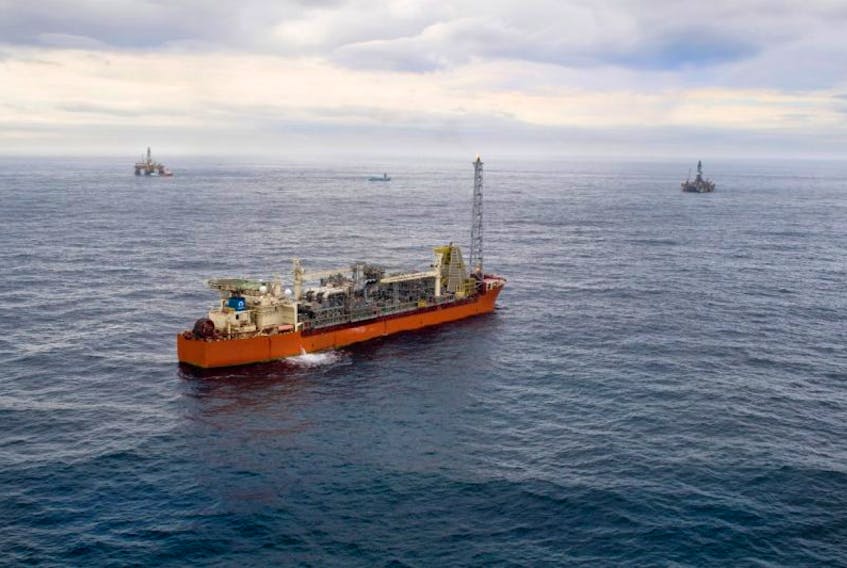In the wake of the largest oil spill in the province’s history, the World Wide Fund for Nature (WWF) Canada is calling for tougher rules and stronger oversight for the industry.
The group says the spill, which released more than 250,000 litres of unrefined crude into the North Atlantic Ocean last week when the Husky Energy’s SeaRose platform was preparing to restart production during stormy sea conditions, underscores the need for a modern regulatory framework governing oil and gas activities in Canada’s offshore.
“A spill like this is exactly the reason WWF-Canada has been calling for better offshore oil and gas regulations in general, from spill prevention through to response, for an extension of the moratorium on new oil and gas licences in the Arctic, and for a complete ban on industrial development in marine protected areas of all kinds,” WWF-Canada’s vice president of oceans conservation Sigrid Kuehnemund stated in a release.
She says the handful of oil-coated seabirds observed so far are just a fraction of the number that will be affected and the organization has grave concerns for the endangered ivory gull, for instance, which winter off the province’s coast, the Labrador Sea and the Davis Strait. Kuehnemund also warns of the potential damage to fish populations.
“Crude oil is a poisonous substance and doesn’t simply disappear,” she stated. “It sinks into the marine environment and continues to wreak havoc in the food chain.”
To increase oversight, WWF-Canada says there should be independent observers on rig and Floating Production, Storage and Offloading vessels like the SeaRose.
The group also questions whether or not the Canada-Newfoundland Offshore Petroleum Board should fill the role as lead regulator on environmental protection and suggests that the Frontier and Offshore Regulatory Renewal Initiative to modernize offshore regulatory regime should be suspended until the cause of the spill is fully investigated.
“We have 30 years of experience with offshore oil and gas production and shipping in the Atlantic, and we still can’t get it right. How then can this government allow for oil and gas development in marine refuges, and seriously entertain the possibility of lifting the moratorium on oil and gas licenses in Arctic waters,” Kuehnemund questioned.
“The offshore boards have repeatedly assured the public that offshore operations are safe and there is nothing to worry about. This incident proves otherwise.”
Related story:
‘We followed our procedures,’ Husky says of oil spill in Newfoundland offshore
Rough seas hamper containment and recovery operations at White Rose oilfield









